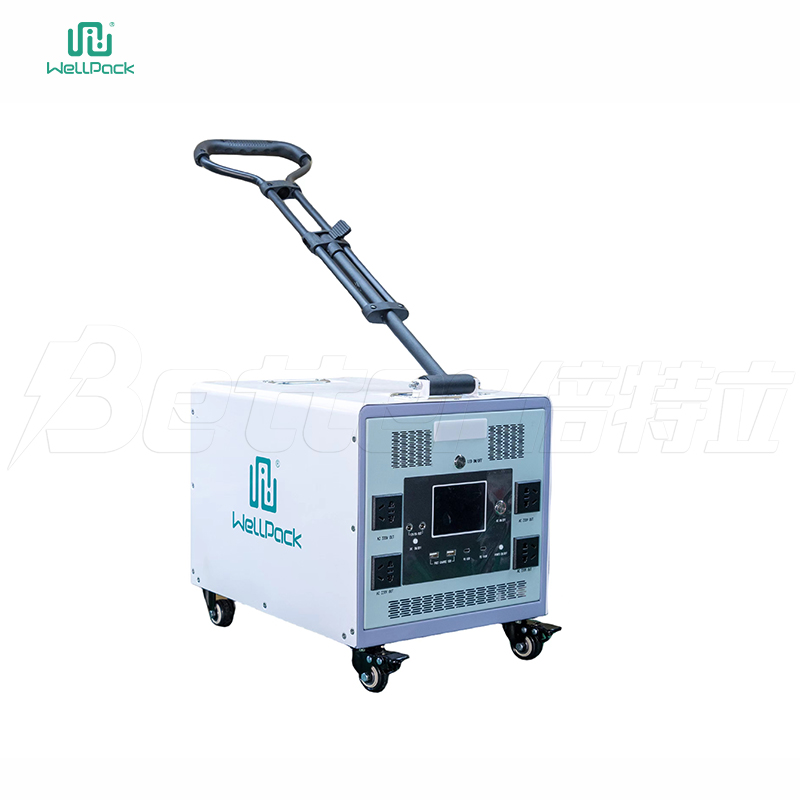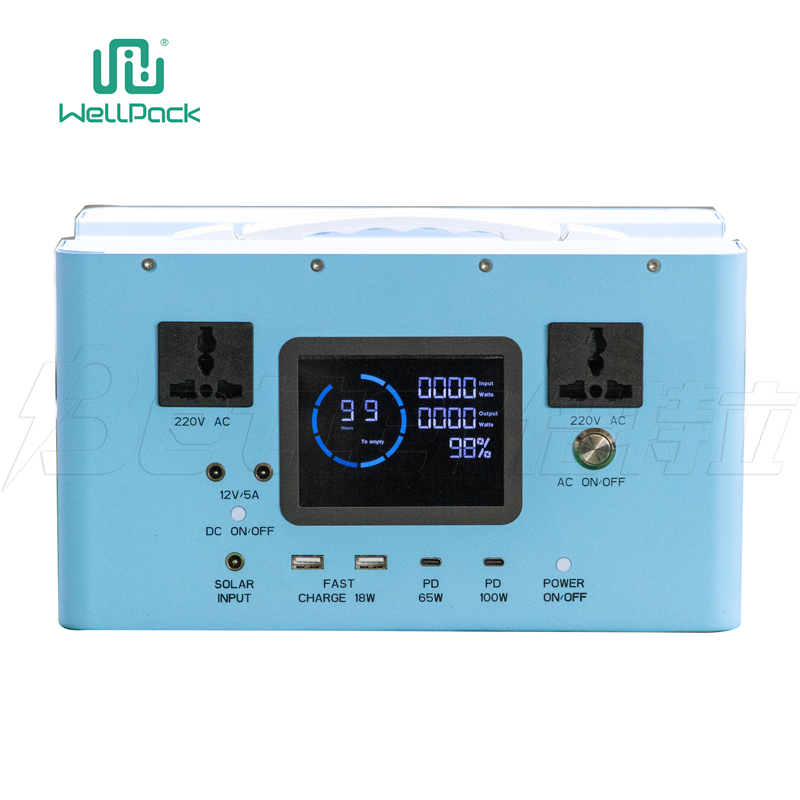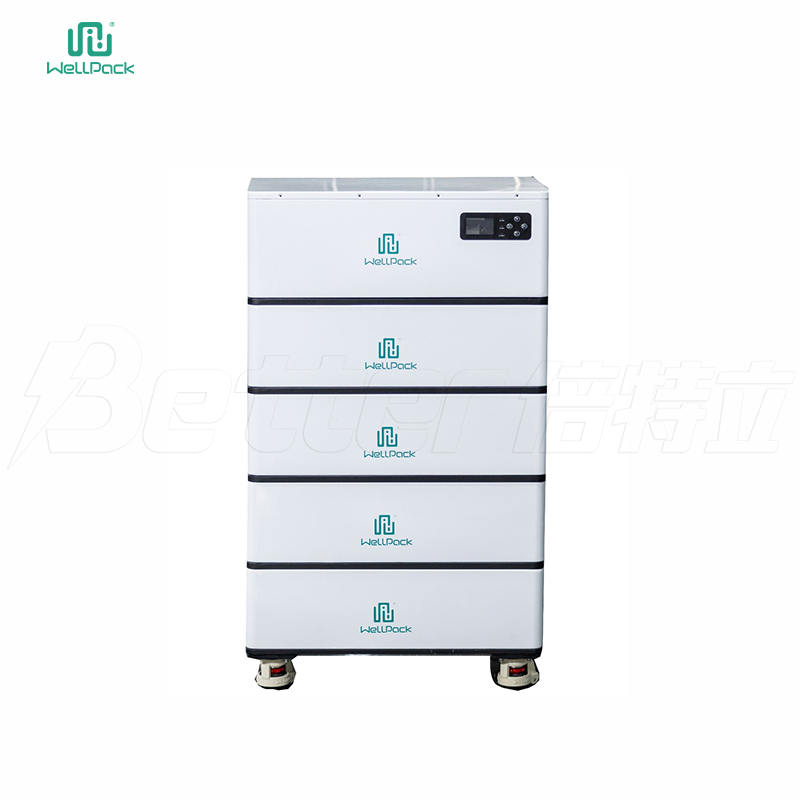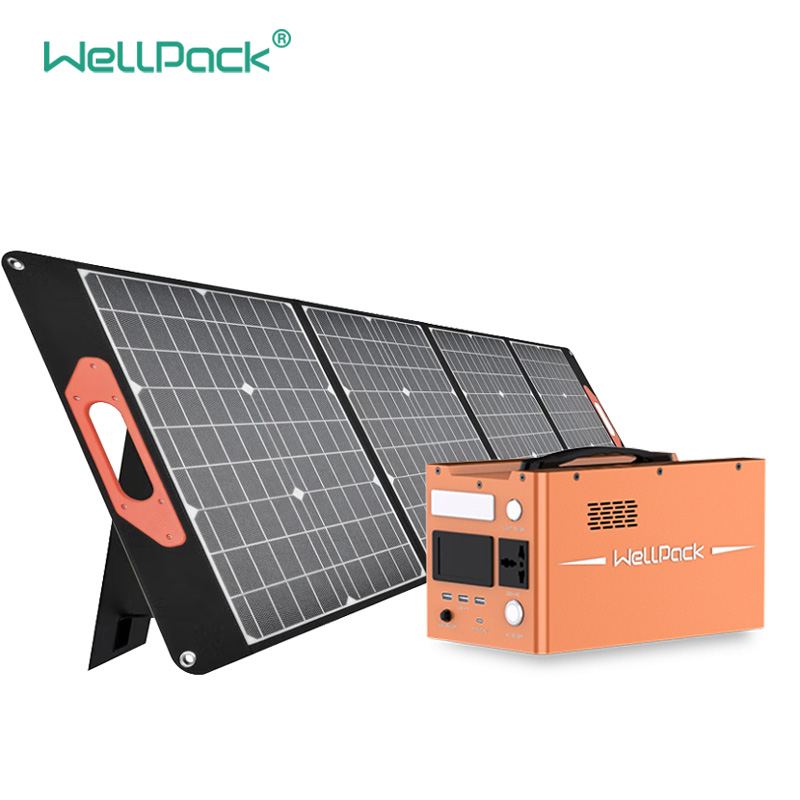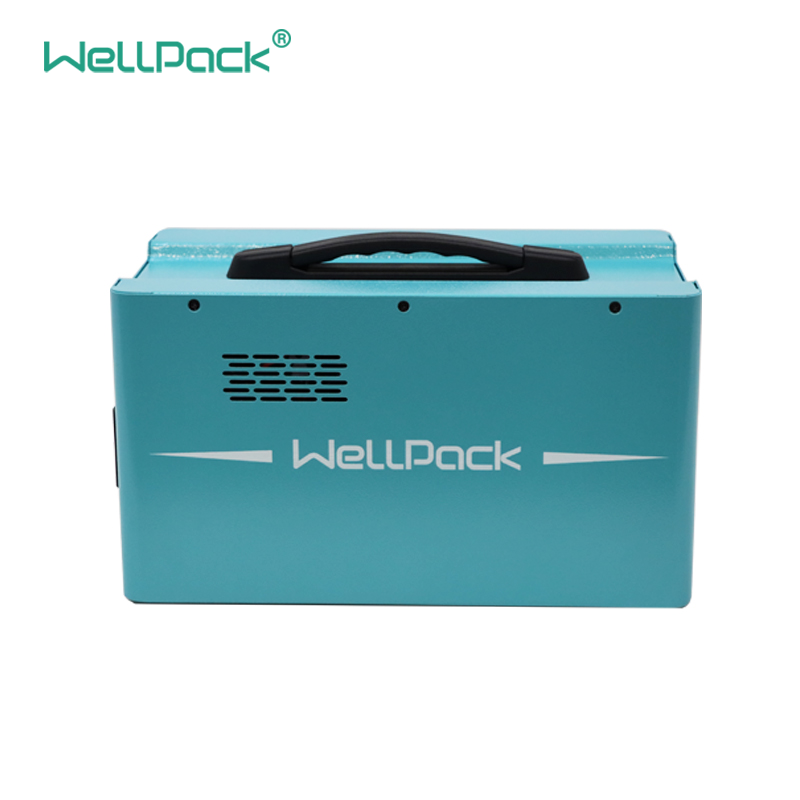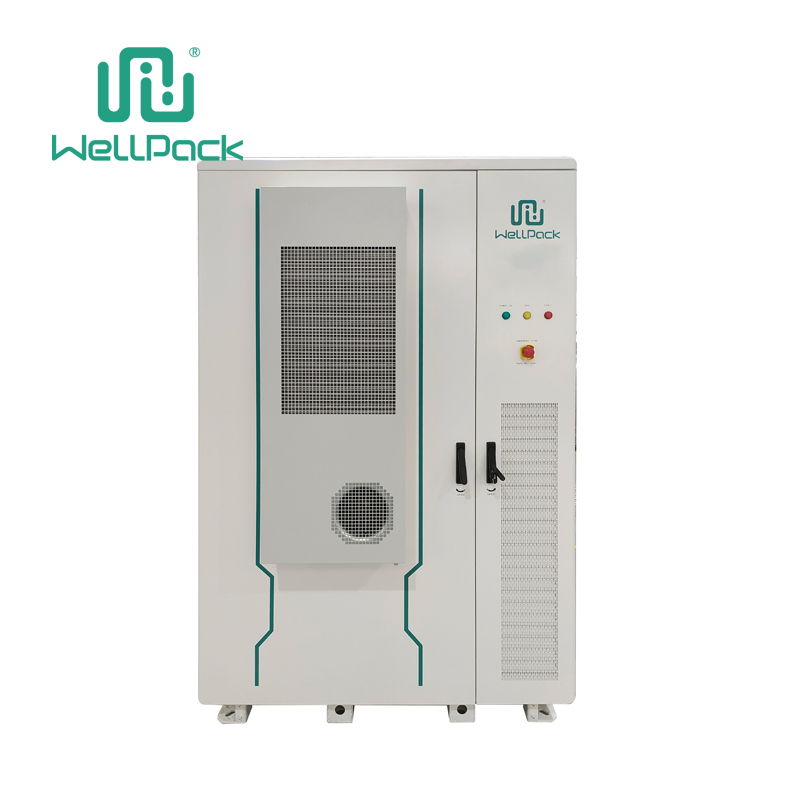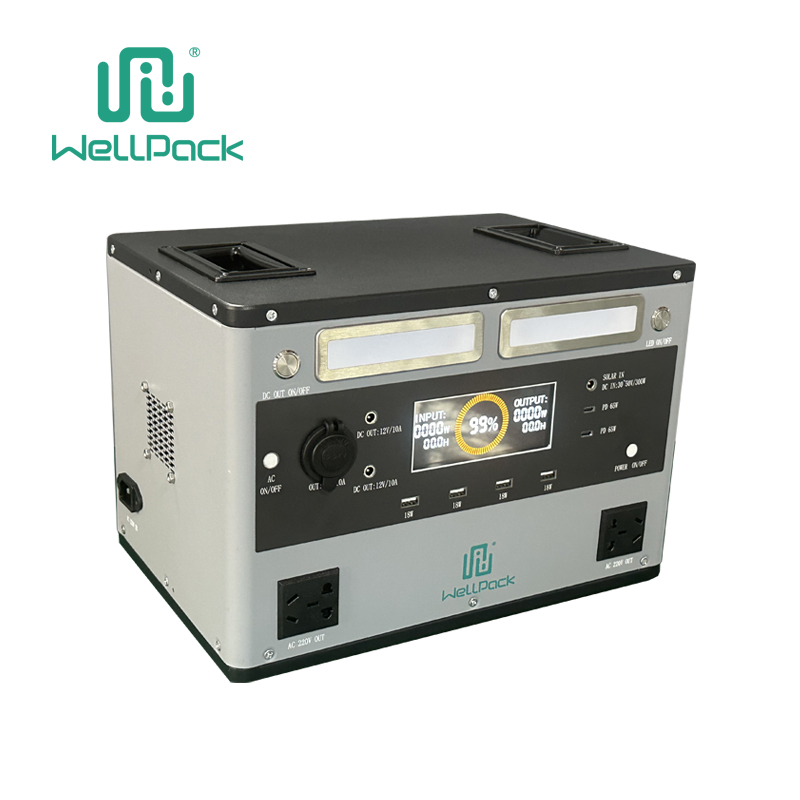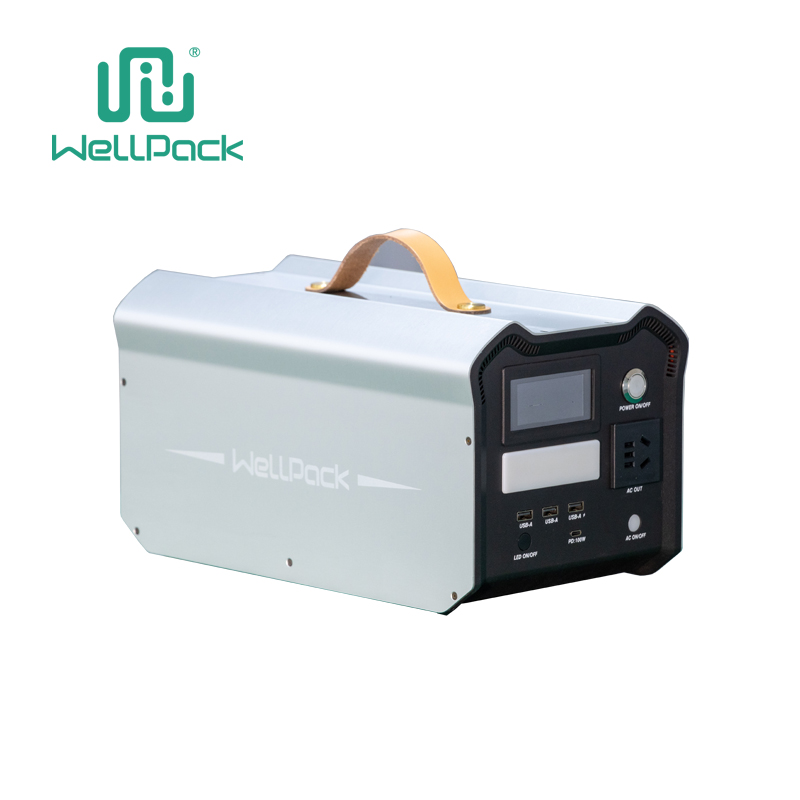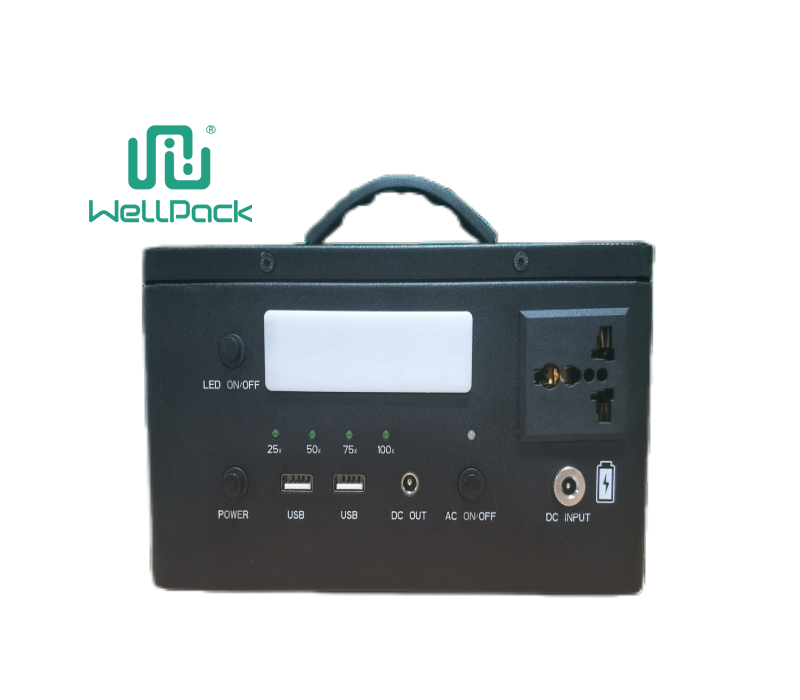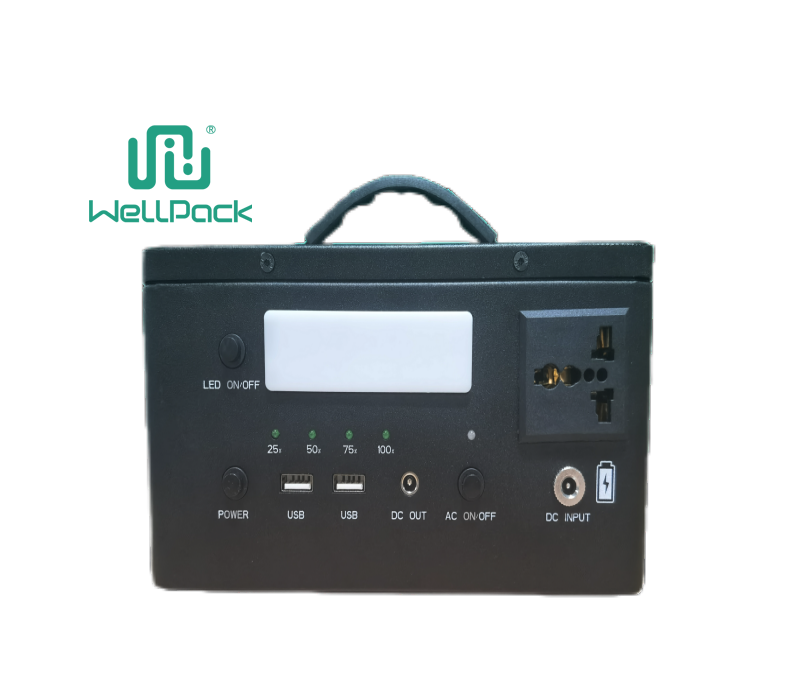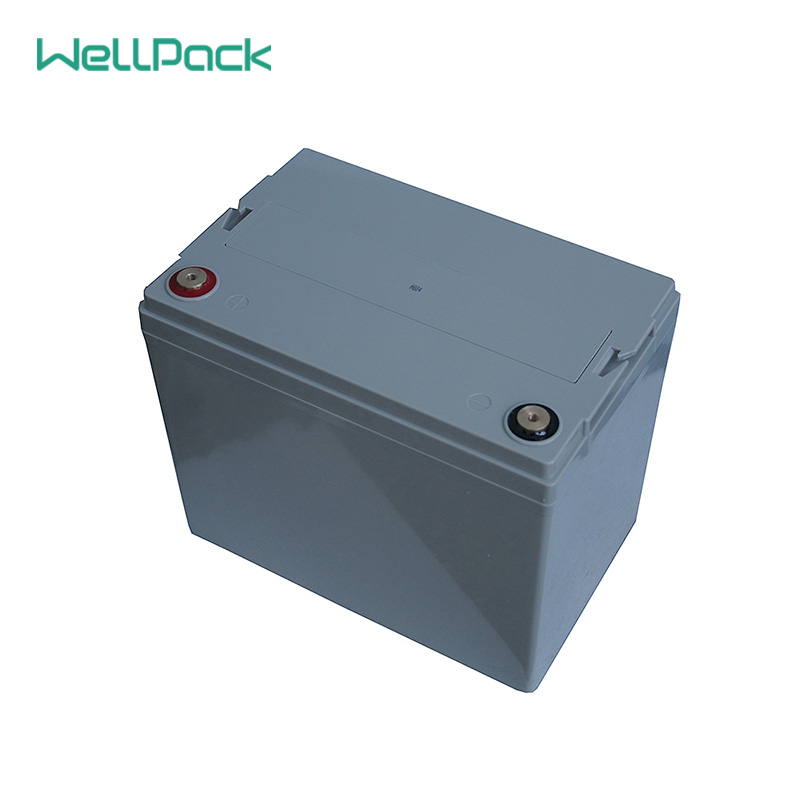Properly storing 18650 lithium-ion (Li-ion) batteries is essential for ensuring their longevity and safety. These high-energy-density powerhouses can pose risks if mishandled, but by following these guidelines, you can protect your 18650 batteries and prevent potential hazards.
18650 Battery Safety Guide
Understanding the basics of 18650 battery safety is paramount. These cylindrical cells pack a powerful punch, and mishandling can lead to thermal runaway, causing fires or explosions.
Handle with care: Avoid physical impacts, punctures, or excessive bending of 18650 batteries.
Prevent short circuits: Keep lithium-ion 18650 batteries away from metal objects to avoid accidental short circuits.
Monitor temperature: Excessive heat can damage 18650 batteries. Store them in a cool environment.
Charge and discharge safely: Use compatible chargers and avoid fully discharging your 18650 batteries.
18650 Battery Storage Environment
The storage environment significantly impacts the lifespan and safety of your 18650 batteries. Optimal conditions help maintain battery performance and reduce degradation.
Temperature control: Store your lithium-ion 18650 batteries in a cool, dry place with temperatures between 50°F and 80°F (10°C and 27°C).
Ventilation: Ensure proper airflow around your 18650 battery storage area to prevent overheating.
Avoid direct sunlight: Protect your 18650 batteries from direct sunlight, as UV rays can accelerate degradation.
Protect from moisture: High humidity can damage lithium-ion 18650 batteries. Store them in airtight containers if necessary.
18650 Battery Storage Packaging
Proper packaging is essential for protecting your 18650 batteries during storage and transportation. It helps prevent damage and reduces the risk of short circuits.
Individual protection: Use battery sleeves or separators to isolate each 18650 battery.
Outer container: Choose a fire-resistant container made of plastic or cardboard for storing your 18650 batteries. Avoid metal containers.
Padding: Use soft materials like foam or bubble wrap to cushion your 18650 batteries.
Labeling: Clearly label the container as containing lithium-ion 18650 batteries.
Shipping 18650 Batteries
Shipping lithium-ion 18650 batteries requires special care due to potential hazards. Adhere to shipping regulations to ensure safety.
Packaging: Use UN-approved packaging materials designed for shipping lithium-ion 18650 batteries.
Labels: Clearly mark the package as containing lithium-ion 18650 batteries.
Shipping methods: Choose a shipping carrier with experience in handling hazardous materials.
Documentation: Provide necessary shipping documents and comply with regulations.
18650 Battery Charging and Discharging
While not strictly storage, charging and discharging practices significantly impact 18650 battery lifespan and safety.
Use a compatible charger: Employ a charger designed for 18650 batteries to prevent overcharging.
Avoid full discharges: Repeatedly draining your 18650 batteries to zero can reduce their capacity.
Store at moderate charge: Maintain a charge level of around 30-50% for long-term storage of your 18650 batteries.
FAQ
Q: How long do 18650 batteries last?
A: The lifespan of 18650 batteries can vary depending on factors such as usage, charging habits, and storage conditions. On average, 18650 batteries can last for 300-500 charge cycles before their capacity starts to degrade. Proper care and maintenance can help extend the lifespan of your batteries.
Q: Can I use 18650 batteries in any device?
A: While 18650 batteries are commonly used in a wide range of devices, it's essential to ensure compatibility with your specific device. Some devices may require a specific type of 18650 battery, such as high-drain batteries for vaping or protected batteries for safety-critical applications. Always check the manufacturer's recommendations before using 18650 batteries in a device.
Q: How do I dispose of old or damaged 18650 batteries?
A: It's crucial to dispose of old or damaged 18650 batteries properly to prevent environmental contamination or safety hazards. Many electronics retailers or recycling centers offer battery recycling services. You can also check with local waste management facilities for guidelines on how to dispose of lithium-ion batteries safely.
Q: Can I carry spare 18650 batteries on a plane?
A: Air travel regulations restrict the transportation of lithium-ion batteries, including 18650 batteries, in checked baggage. Spare batteries must be carried in carry-on luggage and may be subject to specific rules regarding quantity and packaging. Always check with the airline and follow TSA guidelines when traveling with spare batteries.
Q: How can I store 18650 batteries safely?
A: Proper storage of 18650 batteries is essential for safety and longevity. Store batteries in a cool, dry place away from heat sources and direct sunlight. Use dedicated battery cases or sleeves to protect batteries from damage and prevent short circuits. Avoid storing batteries loose in a bag or pocket where they could come into contact with metal objects.
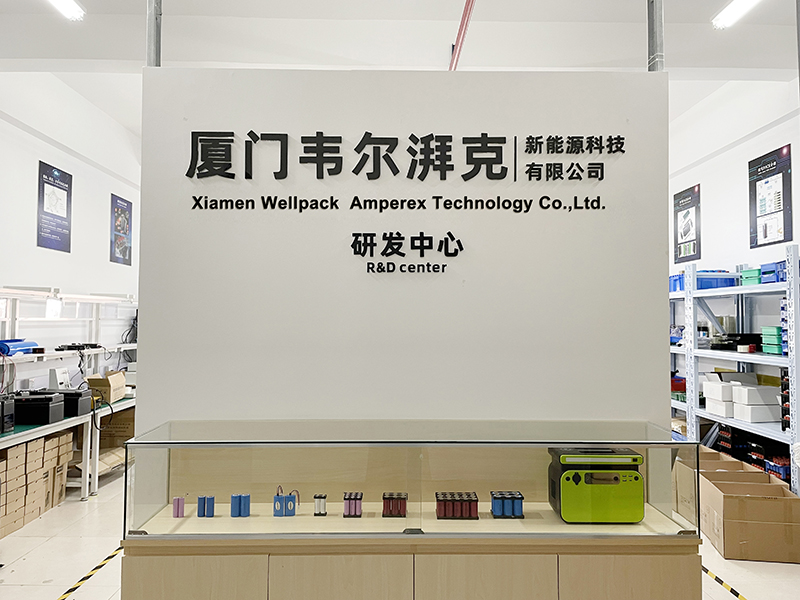
Conclusion
Properly storing 18650 batteries is crucial for safety and maximizing their lifespan. By following these guidelines, you can significantly reduce the risk of accidents and ensure your batteries perform optimally.
If you have any questions or require assistance with 18650 battery storage or handling, our experts are here to help. Contact us today for expert advice and solutions.

